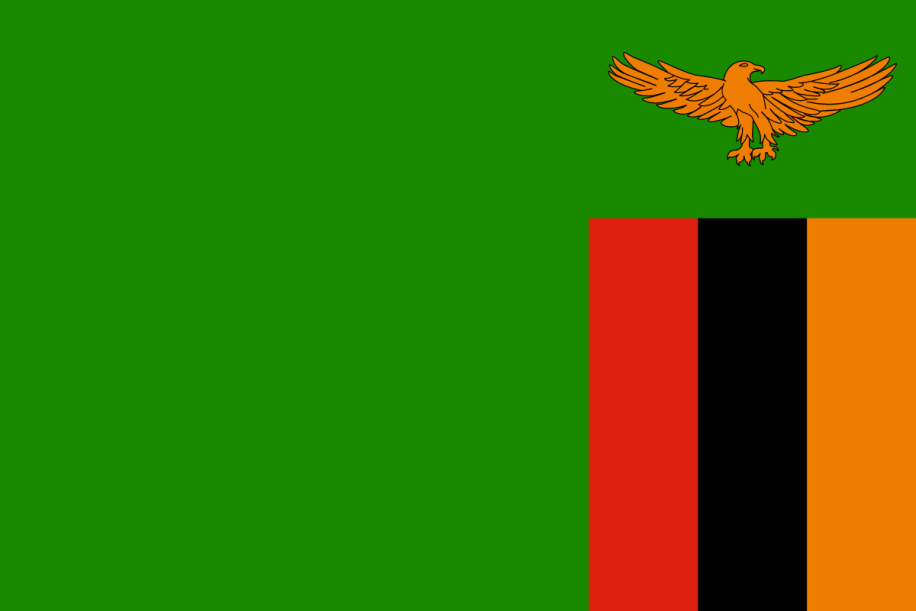New York, June 10, 2022 – The Elsie Initiative Fund (EIF) launched its 2021 Annual Report: “Diversity. Inclusion. Transformation” – English version, highlighting initial results and the impact of pilot projects. The report features eleven projects that contribute to the meaningful participation of uniformed women to United Nations peace operations. Of note, Senegal—the largest police contributing country— deployed its first ever woman Formed Police Unit commander and two gender-strong units with 16 per cent women, a fourfold increase from a baseline of 4 per cent in 2019. Initiatives from Niger, Togo and Senegal will train at least 3,150 women for recruitment into national security institutions and establish a pool of more than 740 trained uniformed women eligible for deployment as United Nations peacekeepers.
“The EIF remains a valuable instrument to enable troop- and police- contributing countries to fulfil their international commitments”, said Sima Bahous, UN Women’s Executive Director. “Gains made towards gender parity, especially in the security sector, cannot be taken for granted. To expand and increase uniformed women’s meaningful participation, we need sustained, transformative action, ensuring that their voices are included in all matters of peace and security, and that their contributions and leadership are supported and harnessed for the benefit of all,” she added.
During 2021, EIF-funded projects have contributed to transforming security institutions to be more inclusive by identifying and tackling barriers at various levels.
Six security institutions: the Liberia Armed Forces, the Mexico Armed Forces, Navy and Police, the Sierra Leone Armed Forces, and the Togo Armed Forces are undertaking assessment studies to identify national barriers to the full participation of women in their security institutions and deployments to United Nations peacekeeping.
Five security institutions – the Niger Armed Forces and Police, the Senegal National Gendarmerie and Police, and the Togo Armed Forces – have committed to developing gender-sensitive legal frameworks and policies to ensure that the inclusive transformation to be achieved through EIF-funded projects is sustainable and creates long-lasting impact.
“Despite the good progress, women are still starkly underrepresented in certain uniformed categories, such as military contingents, and in some roles and functions.” said Jean-Pierre Lacroix, Under-Secretary-General for United Nations Peace Operations. “To overcome barriers that prevent women from playing meaningful roles in their national services and in peacekeeping, we need to harness the power of partnerships. The Elsie Initiative Fund is a key partner in our work to increase the meaningful participation of uniformed women in peacekeeping,” he added.
This year also marked the EIF’s first project with a United Nations peace operation, the United Nations Interim Force in Lebanon (UNIFIL). Aiming to build gender-sensitive accommodation for women peacekeepers from the Ghana Armed Forces, the UNIFIL project will pave the way for the mission to attain gender parity and equality.
Looking ahead, the EIF will continue to support more troop- and police- contributing countries and United Nations organisations to address barriers to women throughout the cycle of selection, deployment and return from peace operations, harnessing the power of gender equality in national security institutions and United Nations peace operations.
Achieving inclusive transformation is at the heart of the EIF’s work and would not have been possible
without the generous support from donors – Australia, Canada, Denmark, Finland, Germany, the Netherlands, Norway, the Republic of Korea and the United Kingdom. Continuous and strong support from donors is essential to ensure the EIF reaches its US $40 million fundraising target in order to scale up the success of achievements made, and further accelerate progress towards gender equality particularly within international peace and security.
The EIF Annual Report in French will be launched shortly, along with a corresponding press release and announcements.
Download your copy of the EIF Annual Report 2021
About the Elsie Initiative Fund (EIF)
Established by the United Nations and Canada in 2019, the EIF is an innovative, multilateral fund that aims to accelerate progress towards the United Nation’s gender targets in line with Security Council resolutions and the United Nations Uniformed Gender Parity Strategy 2018-2028. The EIF, a UN trust fund hosted by UN Women, supports the sustainable deployment and meaningful participation of uniformed women peacekeepers by providing financial assistance and incentives. To date, the EIF has raised US $30 million of its initial US $40 million target.
The French version of the EIF Annual Report will be available soon. For more information about the report and the EIF-funded projects, please visit elsiefund.org and follow @ElsieFund on Twitter.












